Sujet Anglais LV1 IENA 2011
The rise of the « ordinary » elite
In 1958, an English sociologist and Labor Party politician named Michael Young imagined a future in which the British establishment dissolved itself, abolished all forms of hereditary power and created instead a meritocracy (a word Young invented) based on IQ. In Young‘s fable, the academically talented from the
working class happily join the elite. But the less-talented resent them even more than they did the old dukes and duchesses. By 2034, this resentment leads to a violent populist revolution that sweeps the meritocracy away.
To some, this story has always seemed like a warning to America. In 1972, the American sociologist Daniel Bell cited it and predicted, with amazing prescience, the rise of an anti-elite-education populism. Bell got one thing wrong, however: he thought the coming attack on universities would take the form of enforced quotas and lowered standards. In fact, American universities staved off that particular populist wave in the 1970s by expanding their admissions to include women and minorities, while keeping standards high.
The result of that expansion is now with us: Barack Obama, brought up by a single mother, graduate of Columbia and Harvard Law School, is president. Michelle Obama, daughter of a black municipal employee, graduate of Princeton and Harvard Law School, is first lady. They brought with them to Washington dozens more people, also from modest backgrounds, mostly not with inherited wealth, who have entered high government office thanks in part to their education. […]
Despite pushing aside the old WASP establishment — not a single member of it remains on the Supreme Court — these modern meritocrats are clearly not admired, or at least not for their upward mobility, by many Americans. On the contrary — and as Bell might have predicted — they are resented as « elitist ».
Which is at some level strange: to study hard, to do well, to improve yourself –isn’t that the American dream? The backlash against graduates of « elite » universities seems particularly odd given that the most elite American universities have in the past two decades made the greatest effort to broaden their student bodies. Because they can offer full scholarships, the wealthier Ivy League schools in particular are far more diverse, racially and economically, than they were a few decades ago. Once upon a time, you got into Harvard or Yale solely because of your alumnus grandfather. Nowadays, your alumnus grandfather still helps, but only as long as you did well on the SAT, captained your ice hockey team and, in your senior year, raised a million dollars for charity (the last was not a requirement when I got into Yale, but it seems to be now). If you did all that and come from a broken home in Nevada, so much the better.
At one level, the use of « elite » to describe the new meritocrats simply means that the word has lost its meaning. As Jacob Weisberg points out, when Sarah Palin, Christine O’Donnell […] fling the word « elitist » at
opponents, it often means nothing more than « a person whose politics I don‘t like » or even « a person who is snobby. » But after listening to O’Donnell‘s latest campaign ads — in which the Senate candidate declares proudly, « I didn’t go to Yale … I am YOU » — I think something deeper must be going on as well.
I suspect the « anti-elite-educationism » that Bell predicted is growing now not despite the rise of meritocracy but because of it. The old Establishment was resented, but only because its wealth and power were perceived as undeserved. Those outside could at least feel they were cleverer and savvier, and they could blame their failures on « the system. » Nowadays, successful Americans, however ridiculously lucky they have been, often smugly see themselves as « deserving. » Meanwhile, the less successful are more likely to feel it’s their own fault — or to feel that others feel it’s their fault — even if they have simply been unlucky.
I can see how this is irritating, even painful. But I don‘t quite see what comes next. When Ginni Thomas tells a cheering crowd of Virginia Tea Partyers that « we are ruled by an elite that thinks it knows better than we know » who, or what, does she want to put in its place? Young imagined a revolution (led, interestingly, by the wives of the high-IQ elites) and a classless society to follow. Unfortunately, this idea has been tried before, and
let’s just agree that it wasn’t an overwhelming success. […]
By Anne Applebaum, The Washington Post, Tuesday, October 12, 2010.
I. VERSION (sur 20 points)
Traduire a partir de : “Which is at some level strange. ..” (ligne 20) jusqu’a “…so much the better.” (ligne 28)
II. QUESTIONS (sur 40 points)
1. Question de compréhension du texte.
Explain what the following sentence means :
“In fact, American universities staved off that particular populist wave in the 1970s by expanding their admissions to include women and minorities, while keeping standards high.” (lignes 10-11)
(100 mots + ou ~ 10% *; sur 10 points)
2. Question de compréhension du texte.
Explain what the following sentence means:
“Nowadays, successful Americans, however ridiculously lucky they have been, often smugly see themselves as “deserving.”” (lignes 37-38)
(100 mots + ou – 10% *; sur 10 points)
3. Question d’expression personnelle.
Elites are often said to have lost touch with ordinary people. How valid is this accusation in your opinion?
(300 mots + ou – 10% *; sur 20 points)
*Le non-respect de ces normes sera sanctionné. Indiquer le nombre de mots ulilisés.
III. THÈME (sur 20 points)
Depuis longtemps, Christophe n’a plus de voiture. La famille vit avec 1 400 euros par mois. Il refuse les banques auxquelles il veut « en laisser le minimum », et remplit des enveloppes hebdomadaires avec du liquide. « J’aimerais qu’on puisse commercer de façon proche, que tout ce qu’on utilise vienne d’un rayon de 200 kilomètres. Je préfère acheter du riz de Camargue que du riz thaï. »
En vacances, une fois par an, la famille retrouve les membres d’une association d’instruction à la maison. « Je refuse de prendre l’avion. J’ai même du mal a comprendre qu’on ne l’interdise pas sur des petits trajets tant le coût écologique est grand.» Pour l’instant, il ne consent qu’à une concession: vivre en ville, quand beaucoup de décroissants la quittent pour la campagne. « Comme cela, nous pouvons avoir un plus gros impact sur notre entourage.» Il a Internet, on leur a donné une télévision, qu’il garde « pour les enfants.»
Le Monde, 18 juillet 2010





























